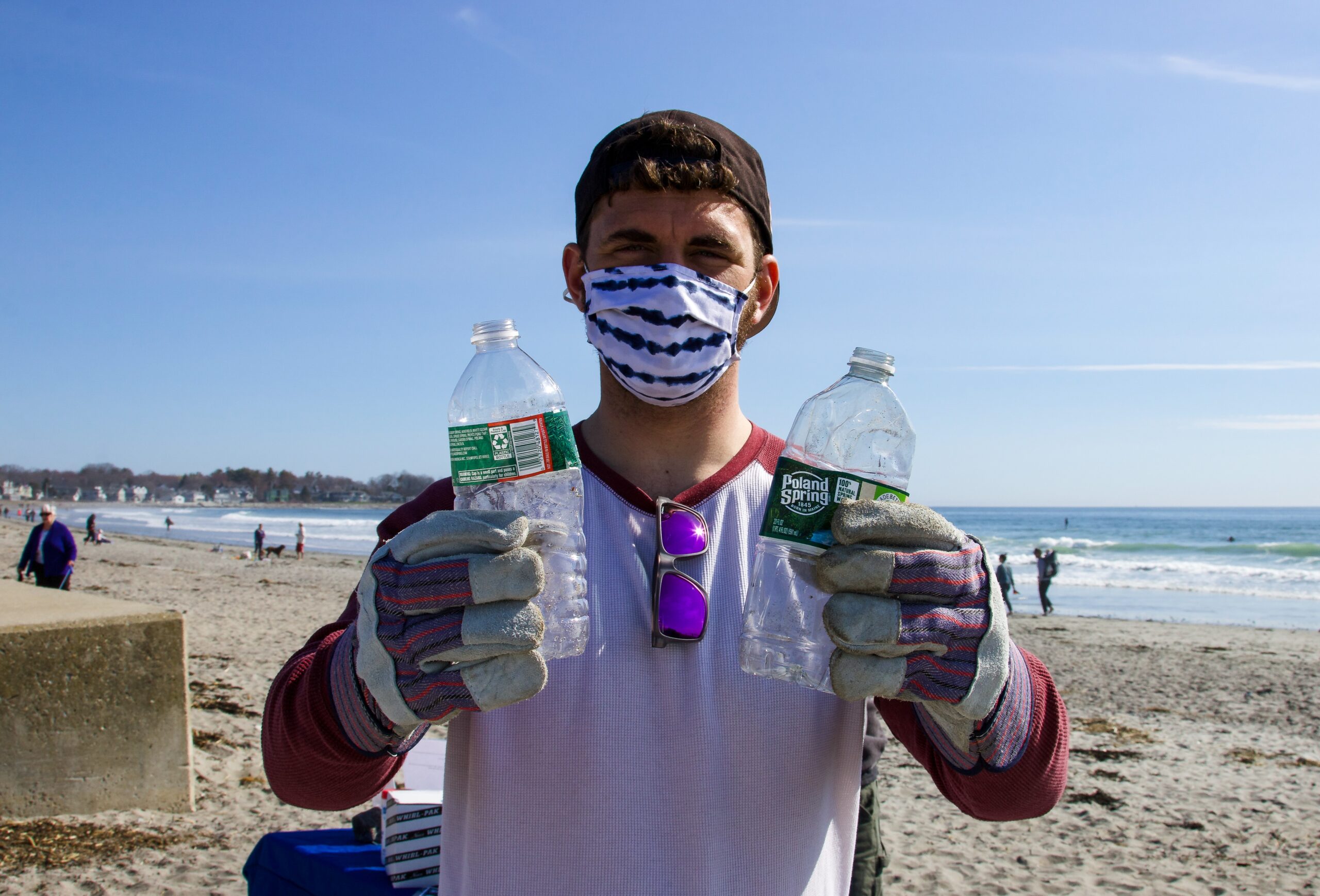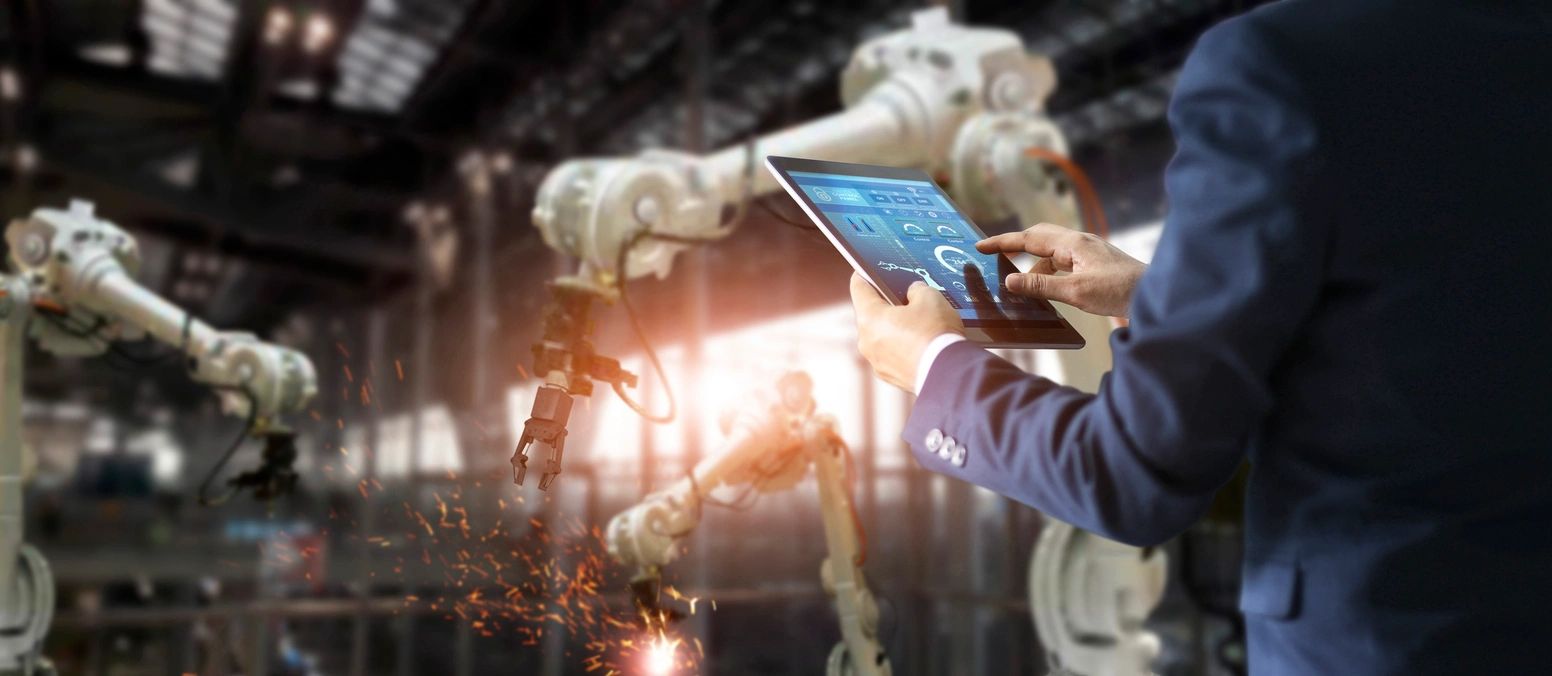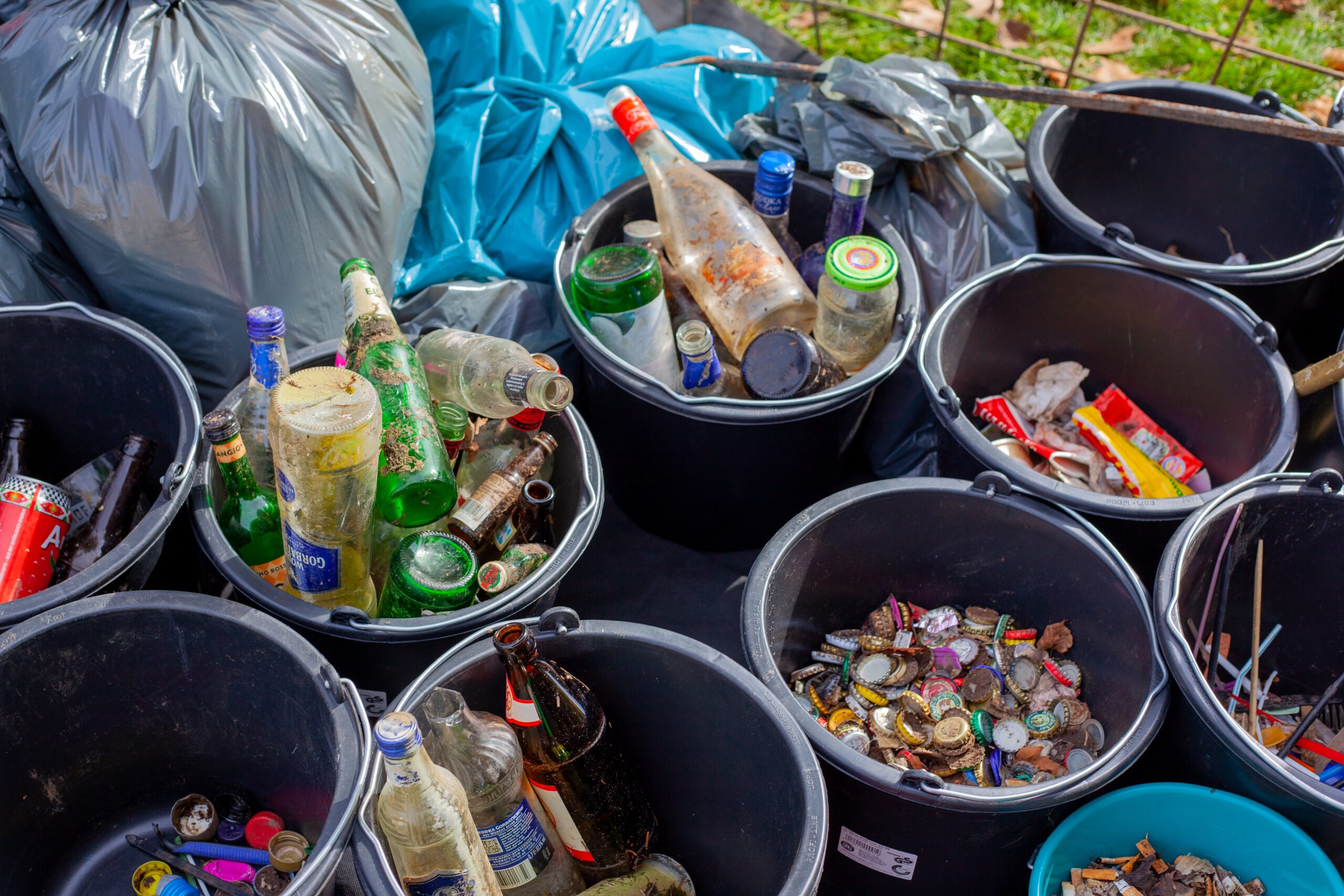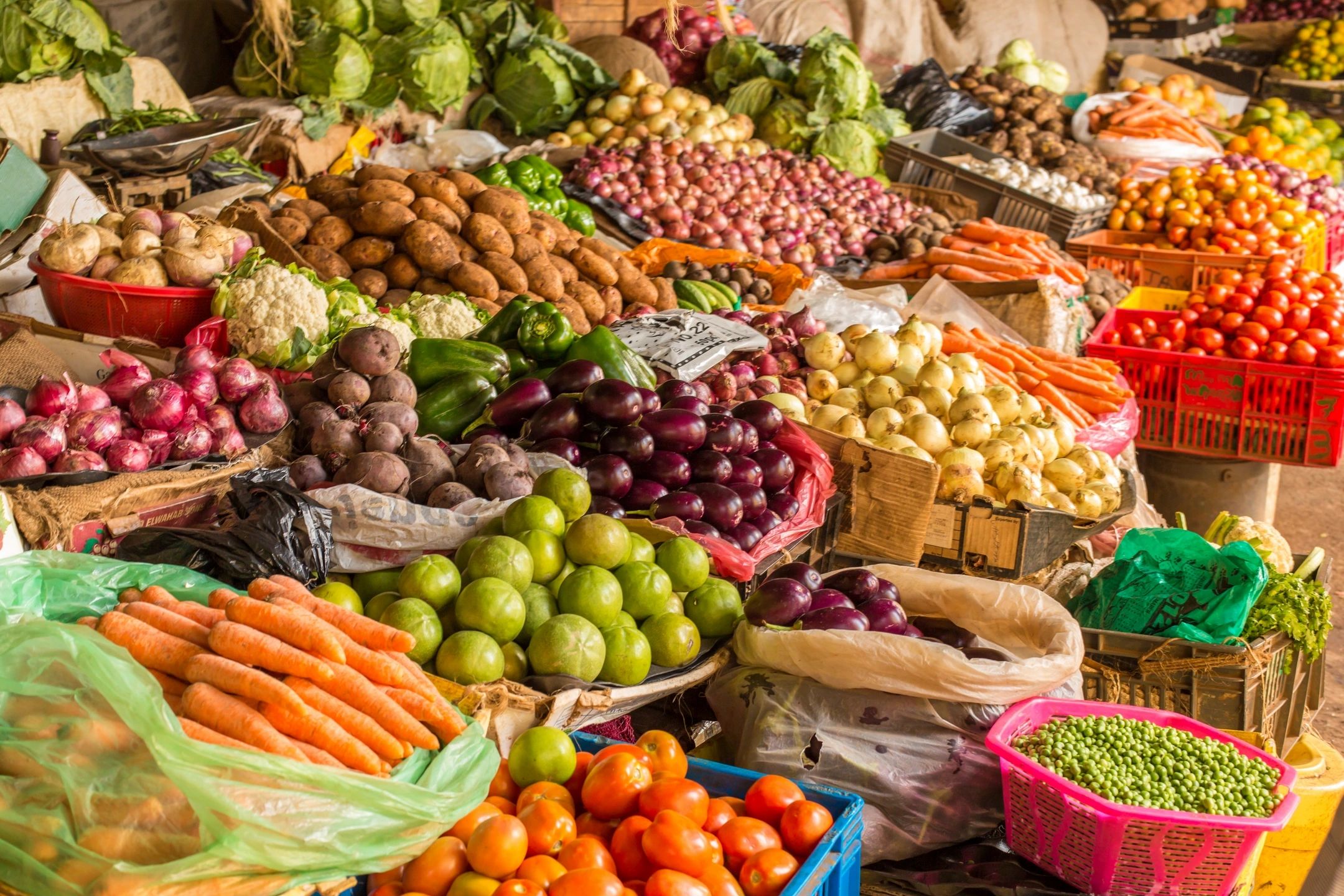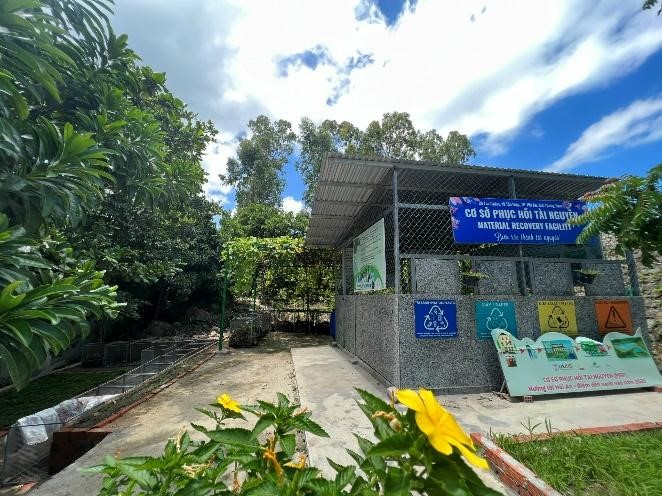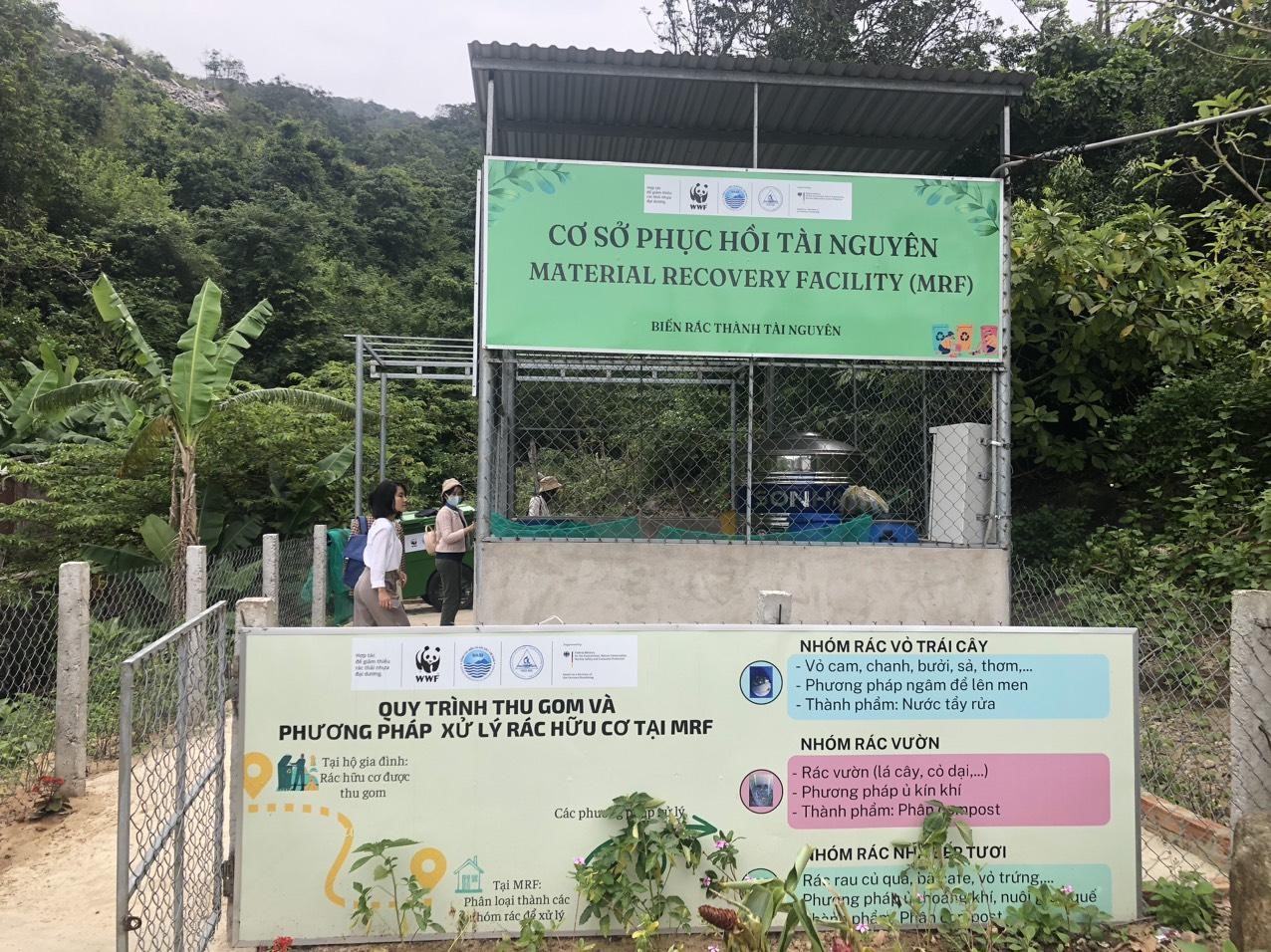The Problem
Recycling and remanufacturing plastic saves between 30% to 80% of the carbon emissions that manufacturing virgin plastic produces.
Yet, only less than 14% of used plastic packaging is collected for recycling.
Uncollected plastic not only presents a lost economic opportunity, but is also a direct threat to the environment.



